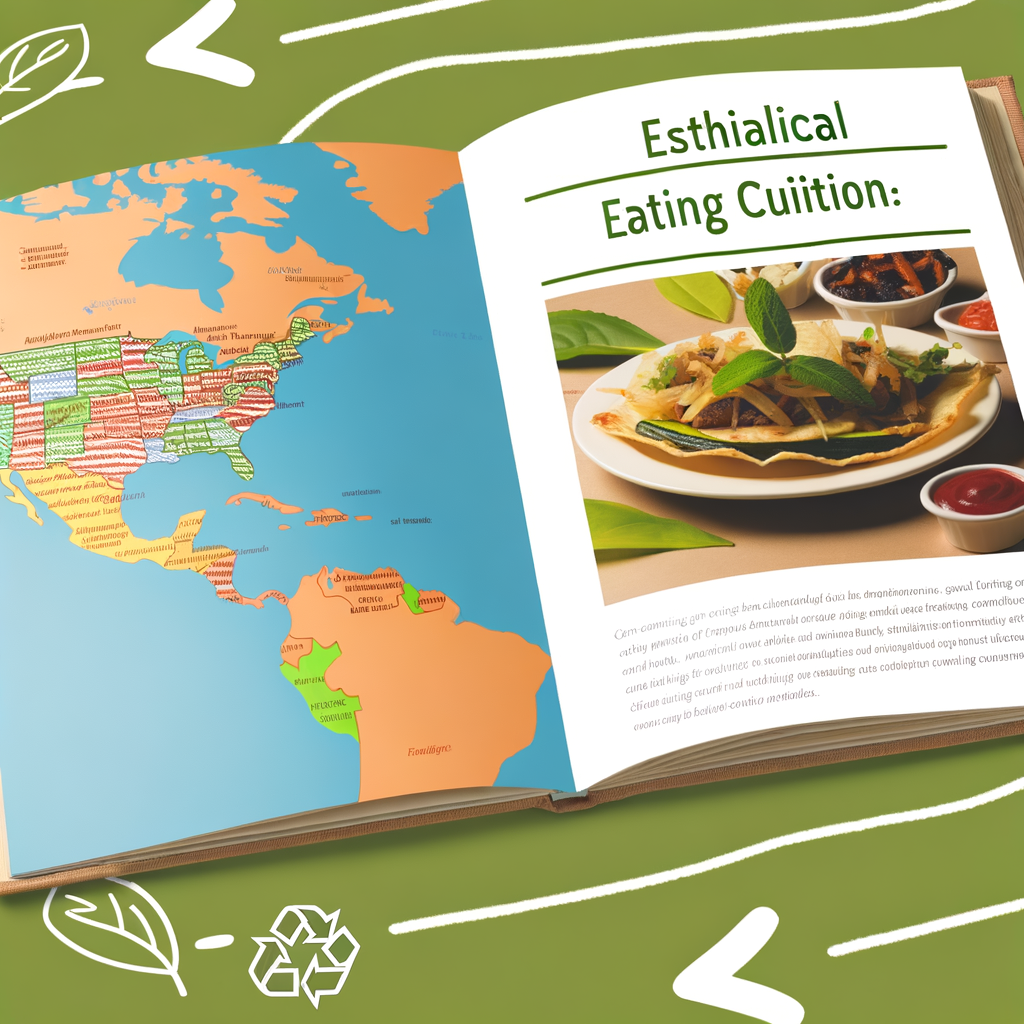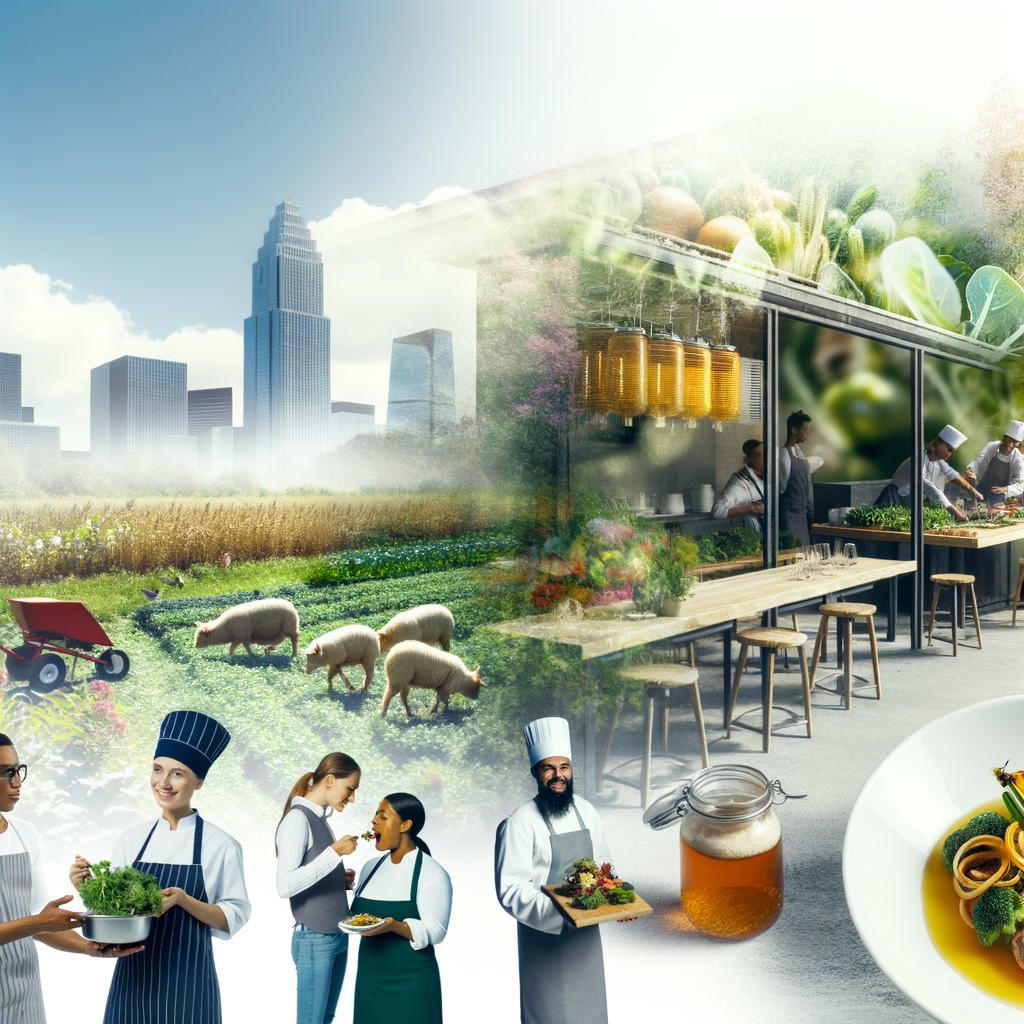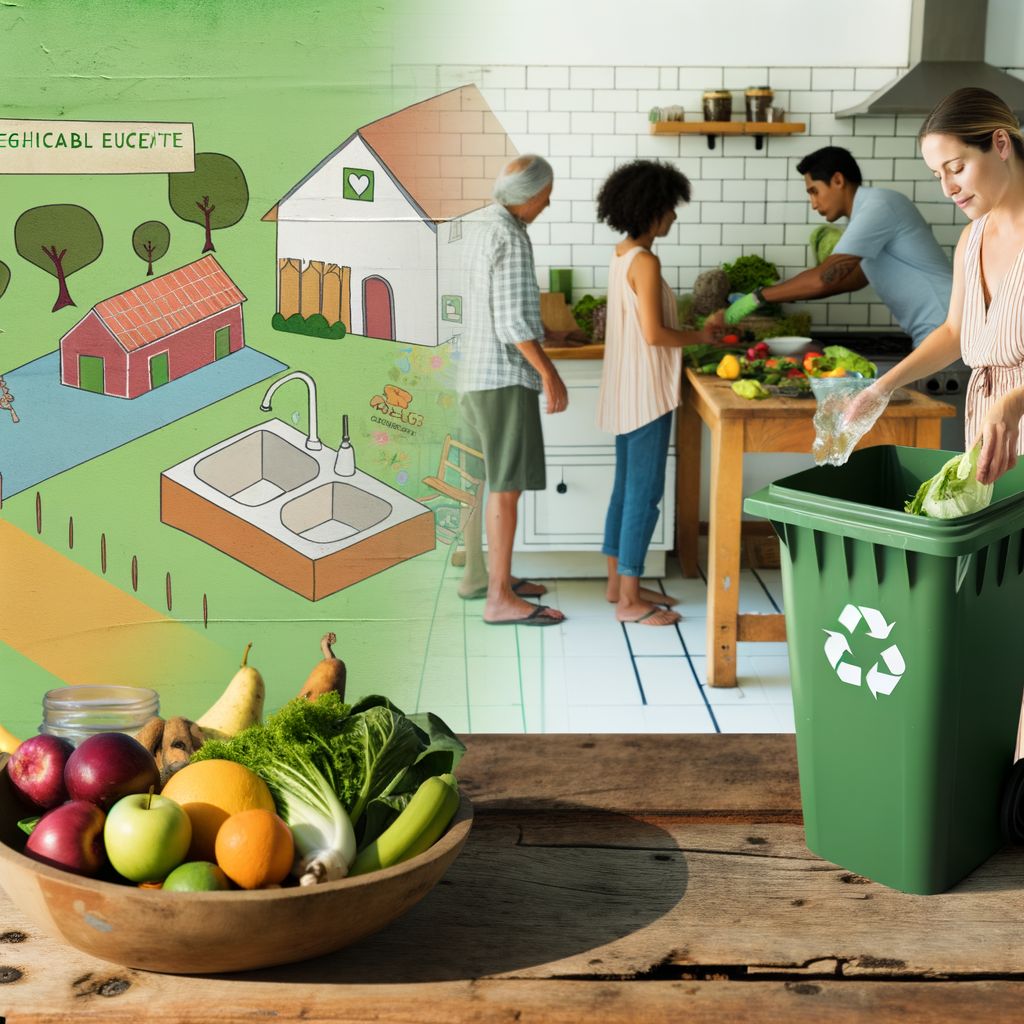America’s food culture has evolved significantly in recent years, with a growing focus on ethical eating and sustainable practices. As an expert chef and food critic, I have witnessed this shift firsthand. From the farm to the plate, consumers are becoming more conscious of where their food comes from and how it is produced. This has led to a demand for more transparency in the food industry and a desire for sustainable practices in American cuisine.
One of the key aspects of ethical eating is supporting local and small-scale farmers. By buying locally sourced ingredients, not only are you supporting your community, but you are also reducing the carbon footprint of your food. This is because locally grown food doesn’t have to travel long distances to reach your plate, reducing emissions from transportation. Additionally, small-scale farmers often use more sustainable methods of farming, such as crop rotation and natural pest control, which is better for the environment.
Another important aspect of ethical eating is reducing food waste. According to the USDA, about 30-40% of the food supply in the U.S. is wasted. This not only has negative environmental impacts, but it also contributes to food insecurity. As consumers, we can reduce food waste by planning meals and only buying what we need. We can also support restaurants and grocery stores that have initiatives in place to reduce food waste.
In conclusion, ethical eating and sustainable practices go hand in hand in American cuisine. By supporting local farmers and reducing food waste, we can make a positive impact on our environment and our community. As an expert in the food industry, I urge readers to embrace these practices and make conscious choices when it comes to their food.





